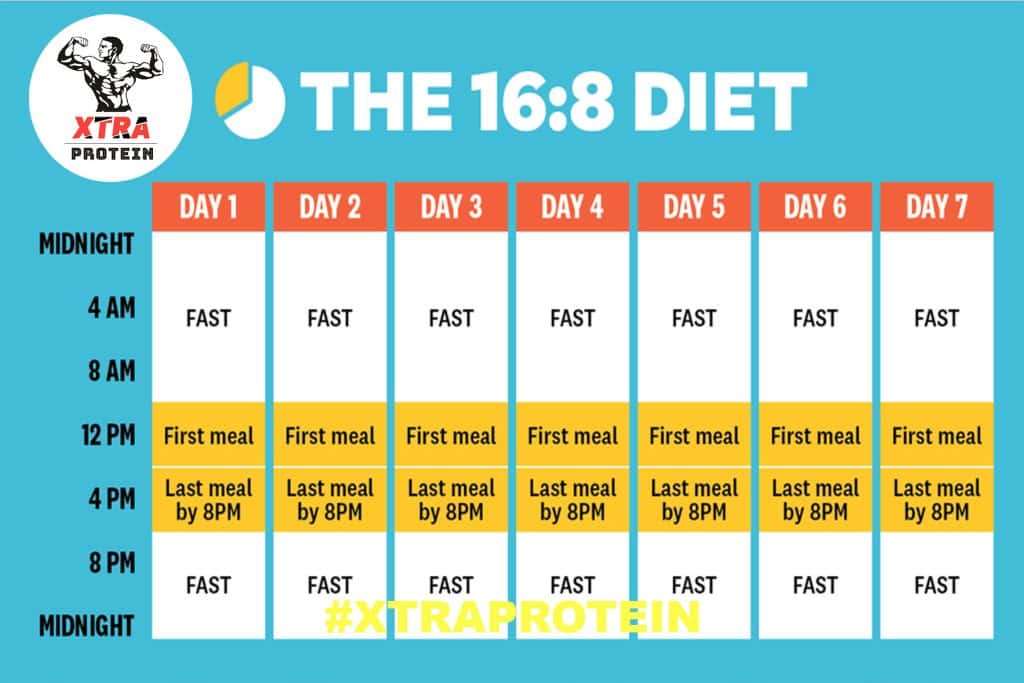
Intermittent Fasting, Does It Help?
Intermittent Fasting, Does It Help?
Intermittent fasting has become a popular trend in fitness for its potential to aid in weight loss and improve overall health. It involves alternating fasting and eating periods, aiming to reduce caloric intake and increase insulin sensitivity. But does it work? This blog post will explore the science behind it and its potential benefits.
1. What is Intermittent Fasting?
Intermittent fasting involves abstaining from food for an extended period, typically between 16-24 hours, and later eating during a specific time. There are various ways to approach this, such as the 16/8 method, where one would fast for 16 hours and consume food during the remaining 8 hours. Another method is the 5:2 method, where an individual typically eats for five days and reduces their caloric intake to 500-600 calories for the other two days.
2. Can Intermittent Fasting Help With Weight Loss?
Studies have shown that fasting along with a healthy diet and exercise can be an effective weight loss tool. When one fast, the body enters a state of ketosis, where the liver produces ketones as a fuel source rather than glucose. This reduces insulin levels, which can lead to weight loss. Furthermore, since it reduces caloric intake, it can lead to a caloric deficit, which is necessary to lose weight.
3. What Are The Other Benefits Of Intermittent Fasting?
Intermittent fasting is not only effective for weight loss, but it can also improve overall health. Studies have shown that it can improve insulin sensitivity, reduce inflammation, lower blood pressure, and improve cholesterol levels. It can also promote cellular repair and autophagy, where cells break down and recycle old or damaged proteins.
4. Is Intermittent Fasting Safe?
It is generally considered safe for healthy individuals but may not be suitable for everyone. People with a history of eating disorders, pregnant or breastfeeding women, and those with certain medical conditions should avoid it. It is essential to talk to your doctor before starting any new diet.
5. How To Incorporate Intermittent Fasting Into Your Lifestyle?
Intermittent fasting can be incorporated into your lifestyle, such as gradually increasing your fasting time or finding a fasting schedule that works for you. It would help if you also focused on eating a balanced diet during your eating window, with high-protein foods and plenty of fruits and vegetables.
Conclusion:
It can be helpful for weight loss and improving overall health. It is essential to understand its potential benefits and risks before starting. Always consult a doctor before beginning a new diet or exercise regimen. With the right approach, intermittent fasting can be an effective and sustainable way to reach your fitness goals.
